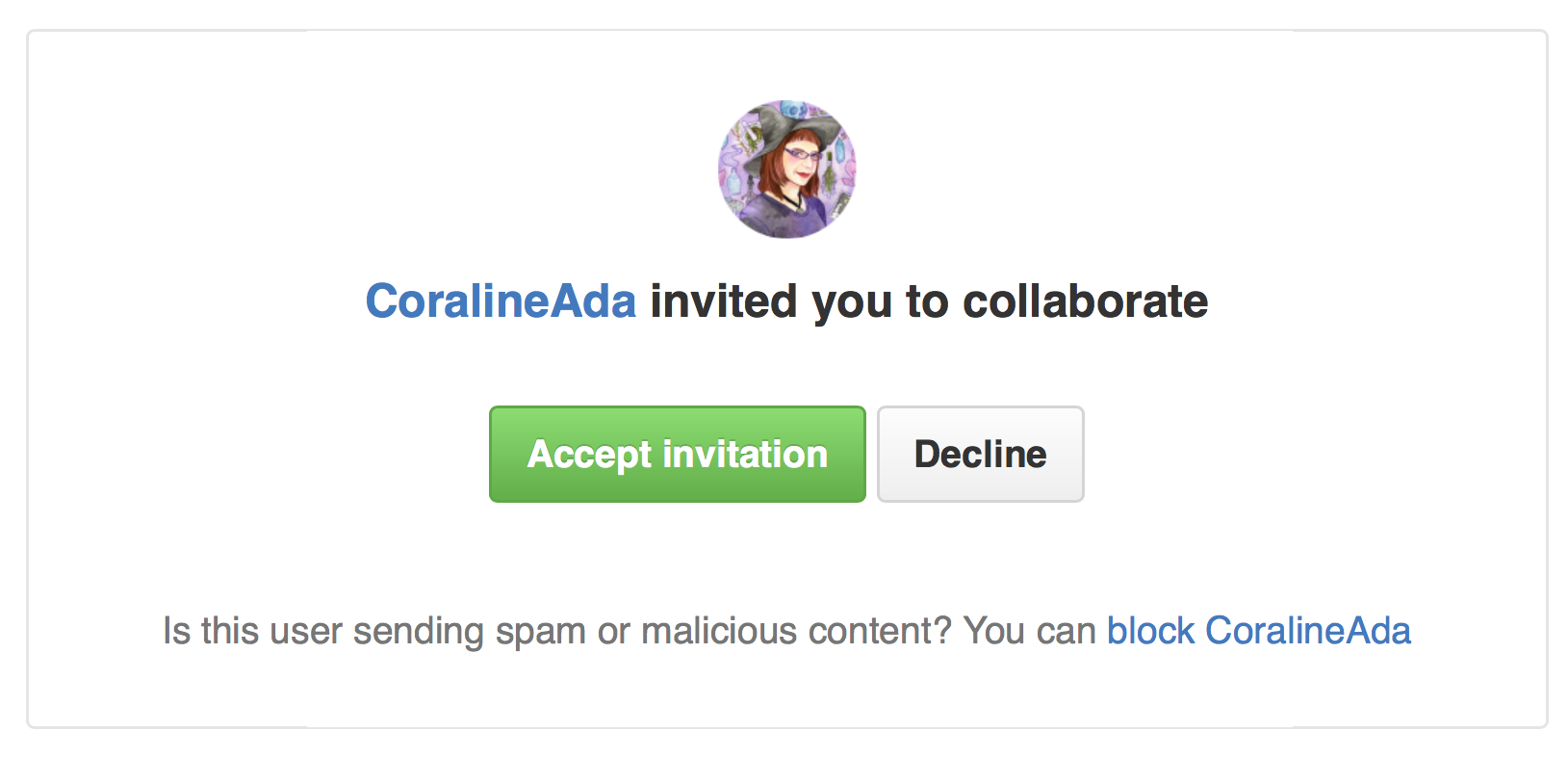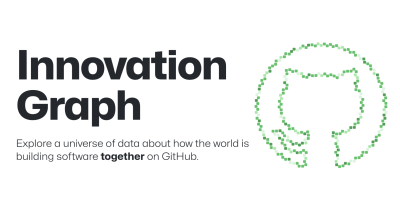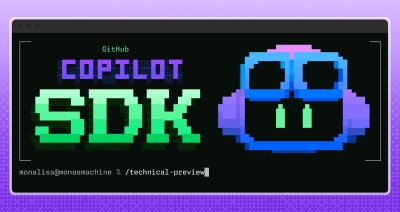Repository invitations
Beginning today, repository admins must invite you to their repository and you must accept the invitation before you can start collaborating. Repository invitations let you decide whether or not you…
Beginning today, repository admins must invite you to their repository and you must accept the invitation before you can start collaborating. Repository invitations let you decide whether or not you want to join as a contributor.
Collaborating with other developers is one of the best parts of open source on GitHub, but getting there hasn’t always been a happy journey. Previously, anyone could automatically add other developers to their repositories without explicit permission. This model openly provided some users with opportunities to harass members of our community by inviting them to offensive or attention-seeking repositories.

With repository invitations, every GitHub user can accept or decline requests to collaborate on someone else’s repository. Should those invites go too far—due to spam or malicious content—you have the option to block the user sending them. Blocked users cannot invite you, fork your repositories, or comment on your activity.
Repository invitations are a big step forward in providing you with more control of your experiences on GitHub. We’re excited to encourage more positive and respectful interactions between our users and look forward to future opportunities to further improve our community.
Learn more about repository invitations and contact support with any questions or feedback.
Written by
Related posts

Year recap and future goals for the GitHub Innovation Graph
Discover the latest trends and insights on public software development activity on GitHub with data from the Innovation Graph through Q3 2025.

Help shape the future of open source in Europe
Read GitHub’s position on the European Open Digital Ecosystem Strategy and learn how to participate.

Build an agent into any app with the GitHub Copilot SDK
Now in technical preview, the GitHub Copilot SDK can plan, invoke tools, edit files, and run commands as a programmable layer you can use in any application.